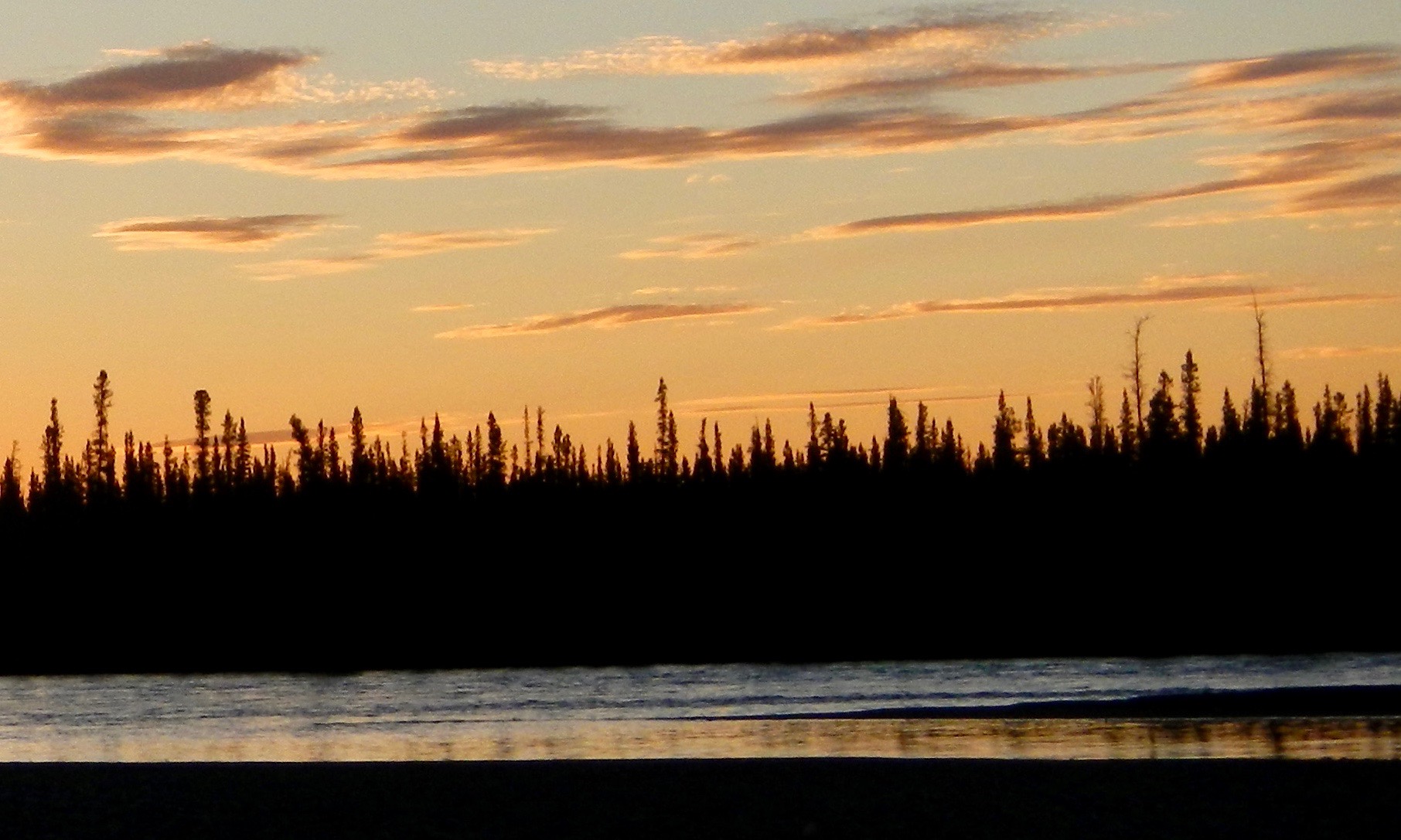Note: I’ve written most of this with prospective graduate students in mind, but I realize that a lot of it—are you a good match? what is my advising style? what’s the lab culture like?—is relevant to postdocs as well.
Are you interested in pursuing a graduate degree?
Pursuing a graduate degree requires commitment and dedication, but an MS or PhD can be a stepping stone to many rewarding and satisfying career paths, including those in academia, government, and the private sector.
Do you think you might be interested in joining my lab?
I am always looking for new students whose areas of interest overlap with mine. If the projects described on this web page get you excited, I encourage you to get in touch by email (Andrew.Richardson@nau.edu). Research in my lab is inherently interdisciplinary, spanning leaf-level ecophysiology to regional scale biosphere-atmosphere interactions and feedbacks. Students in my group have come from a variety of backgrounds, from biology and ecology, to physics and computer science, to music and liberal arts. My own undergraduate degree is in economics. I believe that creativity and a strong work ethic are more important for success than discipline-specific training.
I prefer to take students who want to pursue the PhD, but I am willing to consider applications for MS positions.
If you are more interested in aquatic ecology, population or community ecology, microbial ecology, wildlife biology, evolutionary biology, or systematics – great! But, I am probably not a good match for you. You are still welcome to email me – maybe I can connect you with someone who would be a good match as an advisor.
Do you think NAU might be the place for you?
Although our ecological expertise is spread across a number of different departments, schools and centers (Center for Ecosystem Science and Society; School of Informatics, Computing, and Cyber Systems; School of Forestry; Department of Biological Sciences; School of Earth and Sustainability), members of NAU’s faculty are internationally recognized for their research and teaching. As a group, we seek to apply ecological principles (1) to understand basic questions about the structure and function of Earth’s ecosystems and the diversity of life on earth; (2) to investigate and predict how ecosystems are affected by variability in weather and climate; and (3) to solve contemporary environmental challenges.
Thus, we pursue research questions that are both basic and applied, and research interests that span from individual organisms to the globe. With state-of-the-art laboratories and research facilities, we train scientists to apply broad trans-disciplinary thinking and leading-edge methods to address the pressing challenges facing Earth.
Additionally, Flagstaff’s phenomenally beautiful setting, excellent recreational and outdoor opportunities, superb weather, and relaxed culture make this a wonderful place to live, work, and enjoy life! Nestled at the foot of the San Francisco Peaks (12,500′ summits), at an elevation of 7000′, Flagstaff experiences all four seasons (including 100 inches of snow per year) and remarkably sunny weather (averages 266 sunny days per year vs. national average of 205 days).
Where would you be based?
As a student in my lab, you would be a member of the Center for Ecosystem Science and Society (Ecoss; see https://ecoss.nau.edu). But, Ecoss is a research center and not a degree-granting academic unit. My academic unit is the School of Informatics, Computing, and Cyber Systems (SICCS; see https://nau.edu/school-of-informatics-computing-and-cyber-systems/). Within SICCS, we have a PhD program in Ecoinformatics (https://ecoinfo.nau.edu). If you are invested in using “big data” methods to understand how the world works (from an ecological perspective) or to solve environmental challenges, this is the program for you.
I am also potentially able to co-advise students in other departments and schools, including the Department of Biological Sciences and the School of Forestry. Please contact me for more information.
When are applications due?
NAU’s Graduate College has an application deadline of January 1. Applications received after this may not be considered until the following admissions cycle. To receive full consideration for fellowships (including GRA and TA, see below), you are encouraged to apply well in advance of the deadline.
For more information and to apply, click here.
What about funding?
Regardless of the graduate program you are in, you can expect to receive financial support, which will include a tuition waiver and 9 month stipend. Most students also receive 3 months of summer support, if funding allows. This support may come from a variety of sources, e.g. teaching assistantships (“TAs”) provided by the department in exchange for assisting with class instruction, or graduate research assistantships (“GRAs”) funded external grants (usually but not necessarily in my lab). TA and GRA positions expect a 20 hour per week commitment.
Occasionally students are admitted who bring their own funding, which may come from their employer, their family, or their government. If you will be self-supported, you should make this clear in your initial email to me.
Exceptional applicants may be eligible to be nominated for NAU’s prestigious Presidential Fellowship, which provides additional stipend support and a small research budget. For your application to the Fellowship to receive full consideration, you should ideally have your application to NAU complete by mid-October.
I also urge applicants to pursue opportunities for funding outside of NAU. You should consider applying for graduate fellowships from NSF, NASA, DoD, etc. And, if you are a foreign student, you should investigate fellowships from agencies and organizations in your home country. Having an outside fellowship will reduce your TA/GRA burden and will also look very good on your CV!
What’s my advising/mentoring style?
This is a great question, and it’s a very important consideration. Do you want a hands-on mentor, or do you want to have a lot of freedom to follow your own interests? I have found that both approaches can work well, but there can be the danger that with too much freedom you quickly find yourself getting lost. So, I prefer that we have regular check-ins, and keep in close communication. That said, I think that the best mentoring relationships I have are with mentees who are driven and motivated, keen to “choose their own adventure”—but also not afraid to ask questions, seek help, and look for feedback.
To clarify my expectations of you, and also what you can expect from me, I’ve recently started using a “mentoring expectations” contract. This document lays out my commitment to, and expectations of, the mentoring relationship, and specifically asks the mentee (you) to draft something similar—I may not have thought of everything that is important to you as my mentee. While the idea of a “contract” may sound intimidating, the idea is that by having clarity about our expectations of each other we can have a stronger, and more productive, relationship.
At the start of each new Academic Year, I also ask each member of the lab group to come up with an annual plan. This includes short-term (1-3 month) and near-term (current academic year) goals, as well as longer-term (3-5 y, 10+ y) goals. I want to help you get to where you want to be as your career evolves—but I can’t do that if I don’t know what your target is. For example, how I mentor you would be very different if your goal is a tenure-track job at an R1 institution, a position with a government agency, or employment in the private sector. Please note that all of these are valid career goals—I don’t expect everyone who passes through the lab to go on (or to want to go on) to a faculty position.
If you’re interested in looking at a copy of my 2022-23 Mentoring Expectations document, you can find it here.
What else should you know?
I encourage all potential students to make every effort to visit the lab in person during the fall semester of the year they apply, as this provides a great opportunity for us to meet in person, for you to meet other members of the lab, and for us both to find out more about whether you would be good match for the Richardson Lab (we value creativity, integrity and hard work, but balance this with a sense of strong fun and camaraderie—independence and passion for your work are important, but so is having the ability to function as part of a team). If you would like to schedule a visit, please let me know (but note that we cannot cover your travel costs).
Do you have any further questions?
Just send me an email (Andrew.Richardson@nau.edu).
I look forward to hearing from you!

